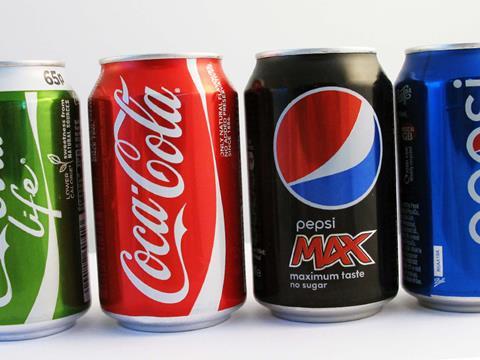
Seven in ten fizzy drinks sold by supermarkets are on “special offer” a study from Which? has found, as retailers are accused of hypocrisy after launching public campaigns to reduce the amount of sugar their customers eat (The Telegraph). Researchers found that of the 77,165 promotions, 53% involved less healthy foods – those high in fat, saturates, sugar or salt – compared with healthier products (47%) (The Guardian).
As revealed by The Grocer’s City Snapshot yesterday, Deutsche Bank is the latest group to buy a chunk of shares in Poundland after raising its stake to more than 12%. “The race to pile into Poundland comes after Elliott Advisors revealed a 13.2 per cent stake in mid-July, sparking expectations the activist hedge fund manager will try to squeeze a higher takeover price out of Steinhoff, which struck a £450m deal for the retailer on July 13”. (The Financial Times £)
The National Trust has called on the government to put the environment, not food production, at the centre of post-Brexit payouts to farmers and “reverse decades of damage to the countryside”. The conservation charity’s suggestion was quickly rejected by the National Farmers Union, which struck back by saying that many of the landscapes showcased by the Trust had been created by farmers. (The Financial Times £)
Sausage skin maker Devro loses its sizzle with revenue and pre-tax profit flat in the first half of the year. (The Daily Mail)
“SodaStream is bubbling again”, writes The Daily Mail. “It was the gadget every home wanted in the 1980s – but quickly fell out of fashion as families began to steer clear of fizzy drinks,” it writes. “It now seems that the SodaStream, which turns water in to a fizzy drink, is popular again.”
The hamburger chain Byron has been accused of using loans from companies incorporated in tax havens to artificially reduce its taxable profits in the UK. The parent company of the restaurant chain, which has spent the week facing protests over allegations that it entrapped its own employees in an immigration sting, made the payments on more than £80m of loans with an interest rate of 10%. (The Guardian)
In wider retail Next shares were up, despite the clothing retailer warning that trading remains volatile as it braces for a difficult third quarter (The Financial Times £). Next enjoys sales bounce despite consumer caution (The Telegraph). Next has warned shoppers it is likely to raise its clothes prices after the Brexit vote has led to spiralling costs. (The Daily Mail)







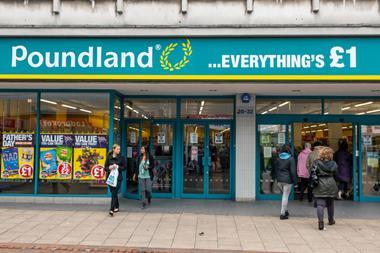
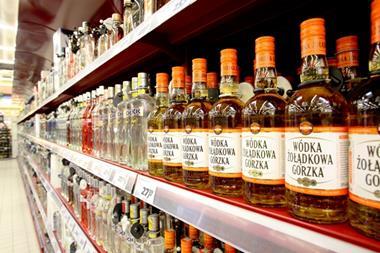
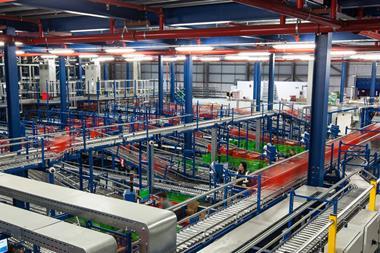
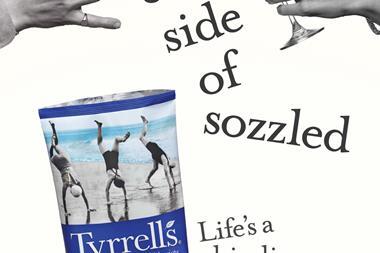
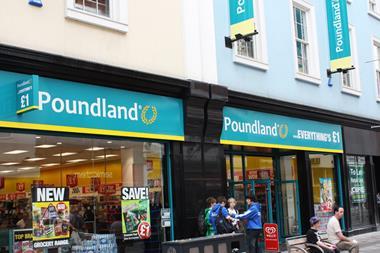
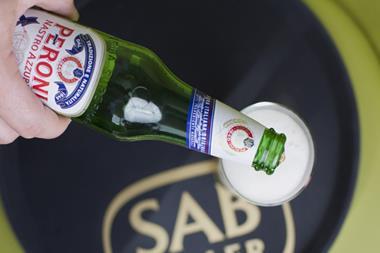





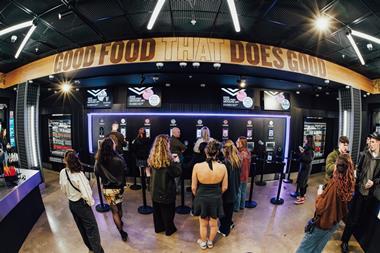
No comments yet